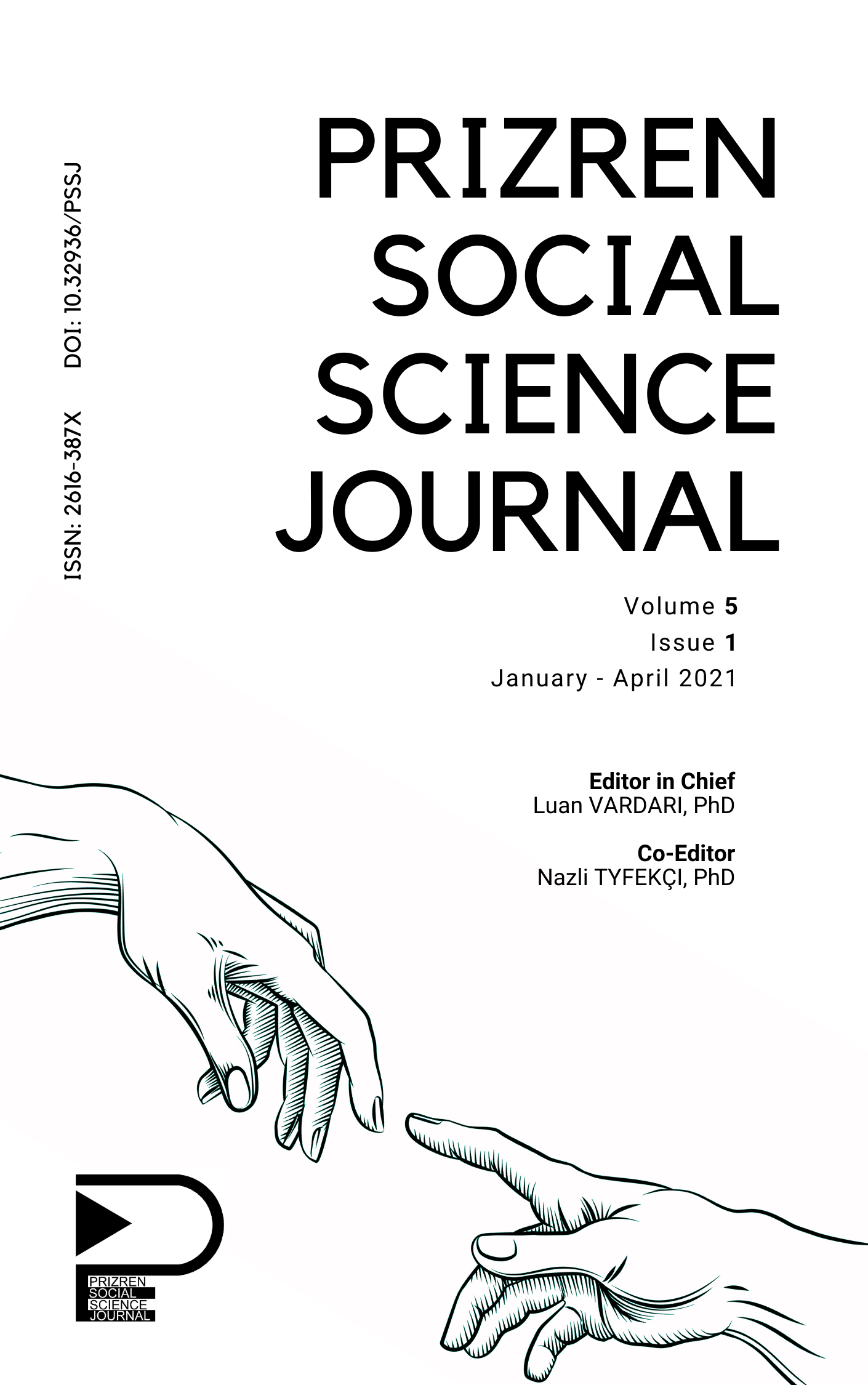The Antiquity of Kurmanji Kurdish and the Biblical Book of Nahum
The Antiquity of Kurmanji Kurdish and the Biblical Book of Nahum
Author(s): Hasan KARACAN, Aviva ButtSubject(s): Jewish studies, Theology and Religion, History of Judaism
Published by: Association of Scientists and Intellectuals of Kosovo
Keywords: Jews of Kurdistan; Kurdish Jews; Book of Nahum; Kurmanji Kurdish; Oldest Kurdish dialect; Nineveh; Assyrian Conquest; Mosaic Religion;
Summary/Abstract: The biblical Book of Naḥūm explains the way HaShem (The Name) deals with Evil. An inner biblical interpretive technique is used to reach this meaning, a technique inconsistent with the method of the rest of the Hebrew Bible. As a prophetic song, the Book of Naḥūm rightly prophesies the pending downfall of the Assyrian Empire. In the light of the story of the Jews of Kurdistan together with a careful reading of Naḥūm’s book, there is enough evidence to assert that the Book has passed through oral translations and various oral recitations. Thus, as oral literature, Naḥūm’s “book,” in actuality a long poem in three sections has been transmitted not only in the original Hebrew but also through Kurmanji Kurdish and neo-Aramaic translations before the final Hebrew redaction took place. Accordingly, the biblical text throws light on not only an episode in ancient history, but also on the antiquity of the Kurmanji dialect and its vernaculars.
Journal: Prizren Social Science Journal
- Issue Year: 5/2021
- Issue No: 1
- Page Range: 90-96
- Page Count: 7
- Language: English

